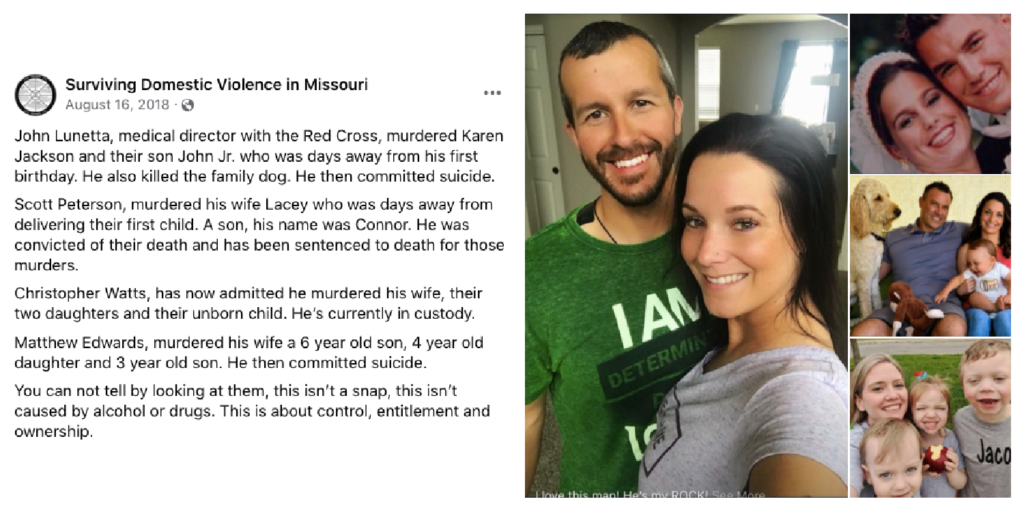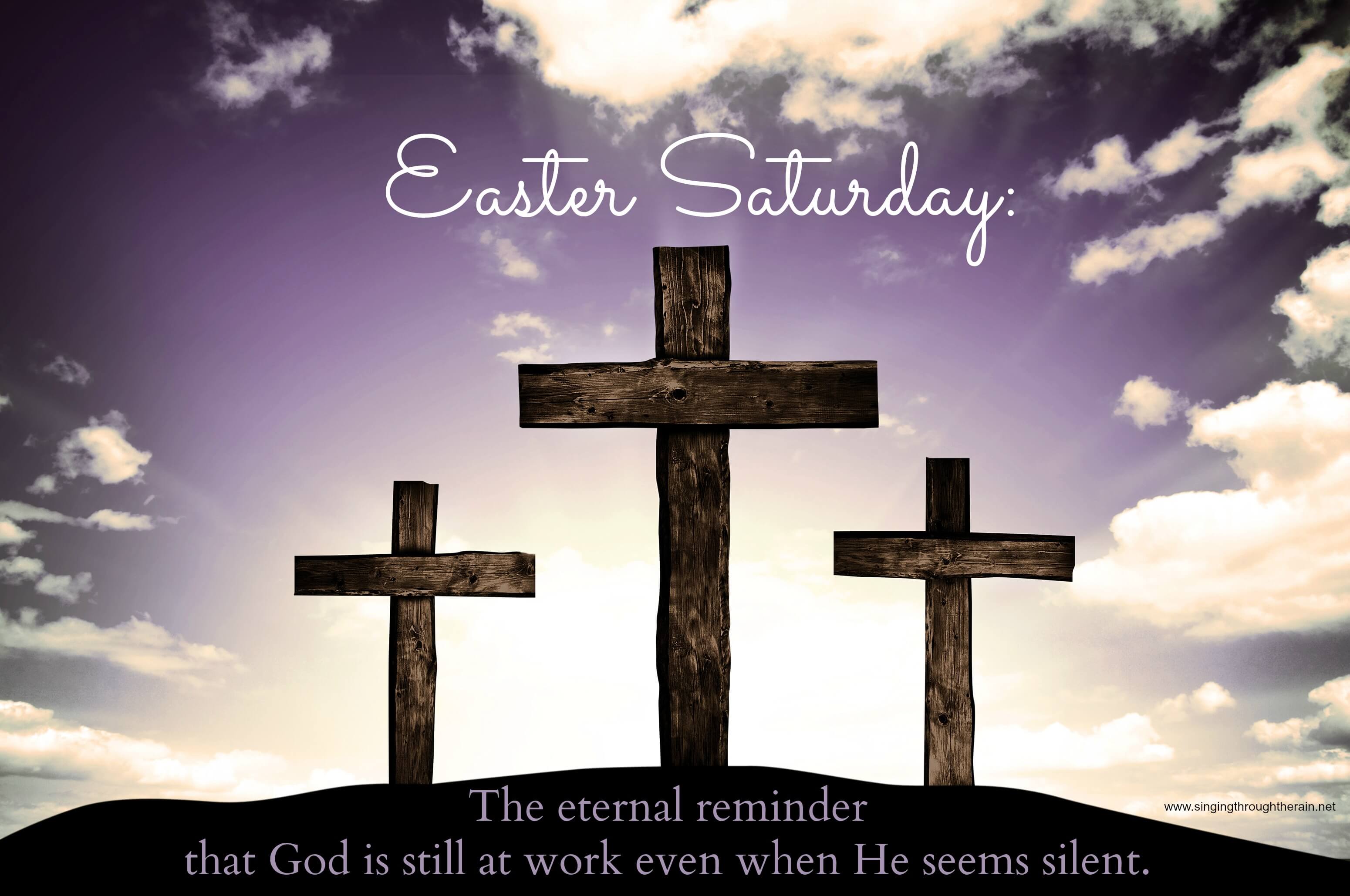Why do People Minimize Abuse?
Note: I may earn money or products from the companies, products, or links mentioned in this post.
Today, I want to talk about a topic I have not yet brought up here on the blog, but it’s one that has been on my heart for a long time. That topic is abuse and the reasons why people minimize abuse in others.
Unfortunately, I do have experience when it comes to the topic of abuse and childhood abuse, however, at this time, I am not ready to tell my story. Instead, I want to work on informing people about abuse and help bring more awareness to something that many people don’t understand.
Why Do People (Especially Christians) Minimize Abuse?
I specifically put Christians here because I feel like Christians more than any other group of people tend to minimize abuse the most. I could give you many reasons why that is, however, I think I will save that for another blog post.
1. People don’t understand mental health, how some disorders can affect personality, and the way the brain works.
According to Mental Health America,
“There are more than 200 classified forms of mental illness.” and “An estimated 44 million Americans suffer from some form of mental disorder in a given year. ”
With those numbers, there’s a good chance that many of you reading this have some form of mental illness. For example, I have two: anxiety and depression.
Because mental illness is so misunderstood, people tend to be afraid of it. It’s easier just to push it to the side and pretend it doesn’t exist. Mental Health America says,
“Most people believe that mental health conditions are rare and ‘happen to someone else.'”
A lot of damage can come from a belief like that.
“Mental Illnesses are brain-based conditions that affect thinking, emotions, and behaviors. For people who have mental illnesses, their brains have changed in a way in which they are unable to think, feel, or act in ways they want to.“
https://www.mhanational.org/recognizing-warning-signs
Knowing that mental illness is a brain-based condition and what it affects, can help people understand and better help themselves or a loved one who may struggle with one. The more you learn about mental health, the more you will understand abuse and start to see traits of abuse in others. Having this knowledge can prevent people from minimizing abuse.
2. People don’t understand what abuse is or that there are different types of abuse.
A lot of people think abuse is “just” physical abuse like getting beat every day, however, that is not the case. Let’s look at the definition of abuse. The World Health Organization (WHO) defines abuse as:
“All forms of physical and/or emotional ill-treatment, sexual abuse, neglect or negligent treatment or commercial or other exploitation, resulting in actual or potential harm to a person’s health, survival, development or dignity in the context of a relationship of responsibility, trust or power.”
The Centers for Disease Control and Prevention (CDC) refers to acts of commission (abuse), which include,
“Words or overt actions that cause harm, potential harm, or threat of harm to a person.”
and acts of omission (neglect), meaning:
“The failure to provide for a child’s basic physical, emotional, or educational needs or to protect a child from harm or potential harm.”
The United States federal Child Abuse Prevention and Treatment Act defines abuse and neglect as,
“Any recent act or failure to act on the part of a parent or caretaker which results in death, serious physical or emotional harm, sexual abuse or exploitation” or “an act or failure to act which presents an imminent risk of serious harm.”
These definitions cover quite a lot of things besides physical harm and lead us to the 6 different types of abuse. Did you know about all of these different types of abuse?
- Physical Abuse – A physical act or threat meant to harm a person physically. This includes things like slapping, punching, hair-pulling and kicking. No physical proof (such as bruises) is needed for this to be considered physical abuse.
- Emotional & Psychological Abuse – Behavior designed to hurt someone emotionally. Things like yelling, threats, gaslighting, humiliation, and shaming are examples of psychological abuse.
- Sexual Abuse – Any unwanted sexual act that is forced on someone. This could include unwanted touching, forced intercourse, or forced sexual contact with another person.
- Verbal Abuse – Words or body language that gives the intent to hurt another person. Examples include, put-downs, name-calling/swearing, and unreasonable criticisms. This is also a form of psychological abuse.
- Financial Abuse – Restriction of one person’s access to money from another person. Examples include, cutting access to bank accounts, controlling where someone is allowed to work, and preventing access to financial information.
- Spiritual Abuse – Any attempt to exert power and control over someone using religion, faith, or beliefs. This can happen within a religious organization or a personal relationship and is not limited to one religion, denomination, or group of people. Also can include, attacking someone else’s belief system, denying access to a house of worship, or forced participation in a cult.
The above information on the different types of abuse is from healthyplace.com and WebMD and was written in my own words.

3. They have certain Beliefs that lead to them refusing to acknowledge Abuse
Unfortunately, Christians (and others) tend to use unhelpful phrases that tend to make them feel better but are not helpful to the victim. Things like, “Just pray for (abuser),” “Submit to (abuser),” “You need to just forgive them,” “Turn the other cheek,” “We all have our crosses to bear,” etc.
Why It’s Biblical to Call Out Abuse
People minimize the abuse of the victim when they use these phrases. Yes, we are called to forgive, but it will not change the abuser. The rest of the phrases above are not biblical when it comes to abuse. Christian author Dr. Henry Cloud states in his book, Boundaries,
“Forgiveness is not about opening up to more abuse.”
https://medium.com/be-a-brilliant-writer/how-to-stop-being-a-doormat
Sheila Gregoire from To Love, Honor, and Vacuum found this quote from Pastor, John Piper,

Emily at Thriving Forward posted,

Called to Peace Ministries shared this:

In the words of Sheila Gregorie,
“Jesus does not care about the institution of marriage more than he cares about the welfare of the people in the marriage.”
4. They think they know the abuser or that they don’t “look” or “act” like an abuser
It’s so easy to look at someone and think there’s no way they could be an abuser. It’s also easy to make excuses for the abuser telling yourself, “but they are so nice,” or “they have done so much good!” These things don’t change the fact that the person can still be an abuser.
Abusers know how to charm. They know how to put on a front and pretend and they are amazing actors. In fact, I would say the majority of abusers are probably some of the nicest people you will meet, the ones you would never believe could be abusive.
Psych Central says,
“When an abusive person is nice, he persuades himself that the other person is the one with a problem because after all, ‘Look how kind and generous I am.‘”
https://psychcentral.com/pro/recovery-expert/2019/05/when-your-abuser-is-nice#1
So much can happen behind in the privacy of one’s home and behind closed doors. Abusers come in all kinds of shapes and sizes and they won’t “look like” an abuser.
I’m sure these women (below) thought they knew their abusers, I mean they married them! I doubt any of them thought when they got married that their husband would murder them later down the road.


5. They don’t believe the victims or refuse to believe the victims
I’m not sure why this happens so often, but for some reason, people have a problem with believing victims. They think the victims are being dramatic, exaggerating, looking for attention, or that they themselves must have done something to trigger the abuse.
Take this story for example. A horrible situation of a family being abused by their father and husband sexually, physically, and mentally. He had so much pull in the community, even the courts refused to believe his wife’s testimony:
“...he [the judge] also dismissed her claims that Aaron [her husband] had tried to strangle her, responding, ‘I don’t believe you.'”
Read the rest of the story here: On Gaslighting, Spiritual Abuse, and Murder in the SouthThe first thing I think of regarding this story is why would a woman and her children make something like this up? What would they gain by doing that? If we are going to see any change in the minimization of abuse, we need to start believing the victims.
I’ll leave you with this last post shared by abuse and trauma recovery coach, Sarah McDugal that really gives you something to think about when it comes to victims:

What about you? Have you seen people minimize abuse? What did you do about it?






The rationalization I’ve heard others use to minimize abuse is “They were abused themselves.” or “They were young and didn’t know any better.” How does that make it OK? It feels like those statements take away their responsibility in the action and puts it all on the victim. I just don’t get that one. What does that say to survivors like me who were abused but choose to be kind and loving…
YES! That’s such a good one I didn’t think of and one I have heard as well. It definitely doesn’t make it right at all. It’s a hard situation all around and you’re right, everyone has a choice and just because they were abused doesn’t mean they need to choose to abuse others. Thanks for commenting!